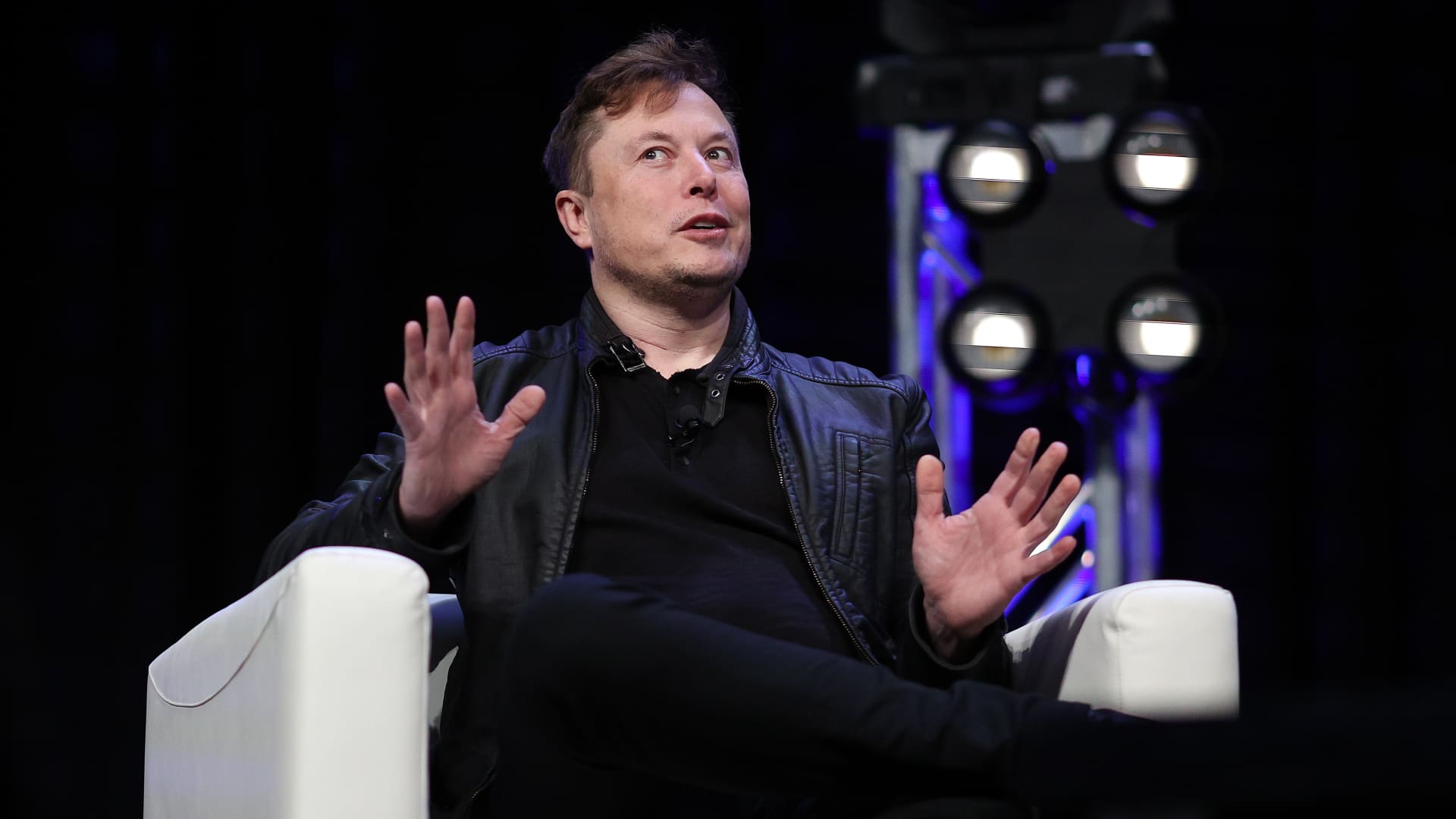Elon Musk and Texas Gov. Greg Abbott break ground on Tesla lithium refinery

Win Mcnamee | Getty Images News | Getty Images
Tesla CEO Elon Musk joined Texas Governor Greg Abbott to break ground at the site of the electric vehicle maker’s new lithium refinery in Corpus Christi on Monday.
Tesla plans to invest $375 million to build the facility on the Gulf coast that will help it secure a domestic supply of lithium hydroxide, a key ingredient used to make batteries for its electric vehicles, and its home- and utility-scale batteries.
Musk said that Tesla is aiming to produce enough battery-grade lithium at the refinery to manufacture one million vehicles per year, and to produce more lithium than the rest of North America’s refining capacity combined there.
Mining company Albemarle announced plans to invest $1.3 billion in a new lithium processing facility in South Carolina in March.
According to filings with the Texas Comptroller’s office, Tesla specifically plans to construct a “battery-grade lithium hydroxide refining facility,” and other “facilities to support other types of battery materials processing, refining and manufacturing and ancillary manufacturing operations in support of Tesla’s sustainable product line.”
The company promised in its filings that “the process Tesla will use is innovative and designed to consume less hazardous reagents and create usable byproducts compared to the conventional process.”
On Monday, Musk claimed, “There’s no toxic emissions or anything — you could live right in the middle of the refinery and not suffer any ill effects.”
Tesla’s battery raw material and recycling leader, Turner Caldwell, said at the event that the company would find “beneficial use opportunities” for the byproduct of its lithium, which they expect to be mostly sand and limestone.
Typically, refining ore into battery-grade lithium requires an industrial process that includes crushing raw material, heating it at a high temperature, and mixing it in a slurry with acids. One of the acids used in lithium processing typically is hydrochloric acid, which is a hazardous air pollutant under the U.S. Clean Air Act.
Caldwell and Musk did not disclose the specific chemistry the company would rely upon for processing.
Last year in April, Musk said Tesla may need to get into lithium refining because the cost of the metal had “gone to insane levels.” Lithium prices have significantly declined since he made those remarks.
However, China still controls more than half of the world’s lithium processing and refining capacity while the U.S. has recently controlled just 1%. Musk said the availability of battery-grade lithium was a “fundamental chokepoint” for the electric vehicle industry and others.
Governor Abbott, a Republican, praised Elon Musk as the greatest entrepreneur on Earth.
“Texas wants to be able to be self-reliant, not dependent upon any foreign hostile nation for what we need,” he said.